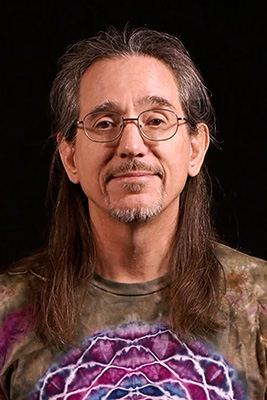Faculty Profile
David Jackson
Professor of Physics and Astronomy (2001)Contact Information
Tome Scientific Building
717-245-1073
Bio
Dr. Jackson did his graduate work in pattern formation and non-linear dynamics, focusing mainly on interfacial instabilities of magnetic fluids in applied magnetic fields. In addition to continuing this work, he has an avid interest in physics education, and co-authored a textbook for non-science students titled, "Explorations in Physics." As part of a recent curricular reform effort, Dr. Jackson co-developed a series of single-photon quantum mechanics experiments for use at Dickinson, and is now working to incorporate computation as a core part of the physics program. He is also collaborating with Cengage Learning to develop a series of Interactive Video Vignettes for use in introductory physics classes. Dr. Jackson has received numerous external grants to support his work. Additionally, along with colleagues Priscilla W. Laws and Scott V. Franklin, he received the first Science Prize for Inquiry-Based Instruction in 2012 from Science magazine. He was editor-in-chief of the American Journal of Physics from 2011-2017 and currently acts as the journal's video abstracts editor. Dr. Jackson is a 2018 recipient of the Homer L. Dodge Citation for Distinguished Service to the American Association of Physics Teachers (AAPT), and was awarded the Association's 2019 David Halliday and Robert Resnick Award for Excellence in Undergraduate Physics Teaching.
Education
- B.S., University of Washington, 1989
- M.A., Princeton University, 1991
- Ph.D., 1994
